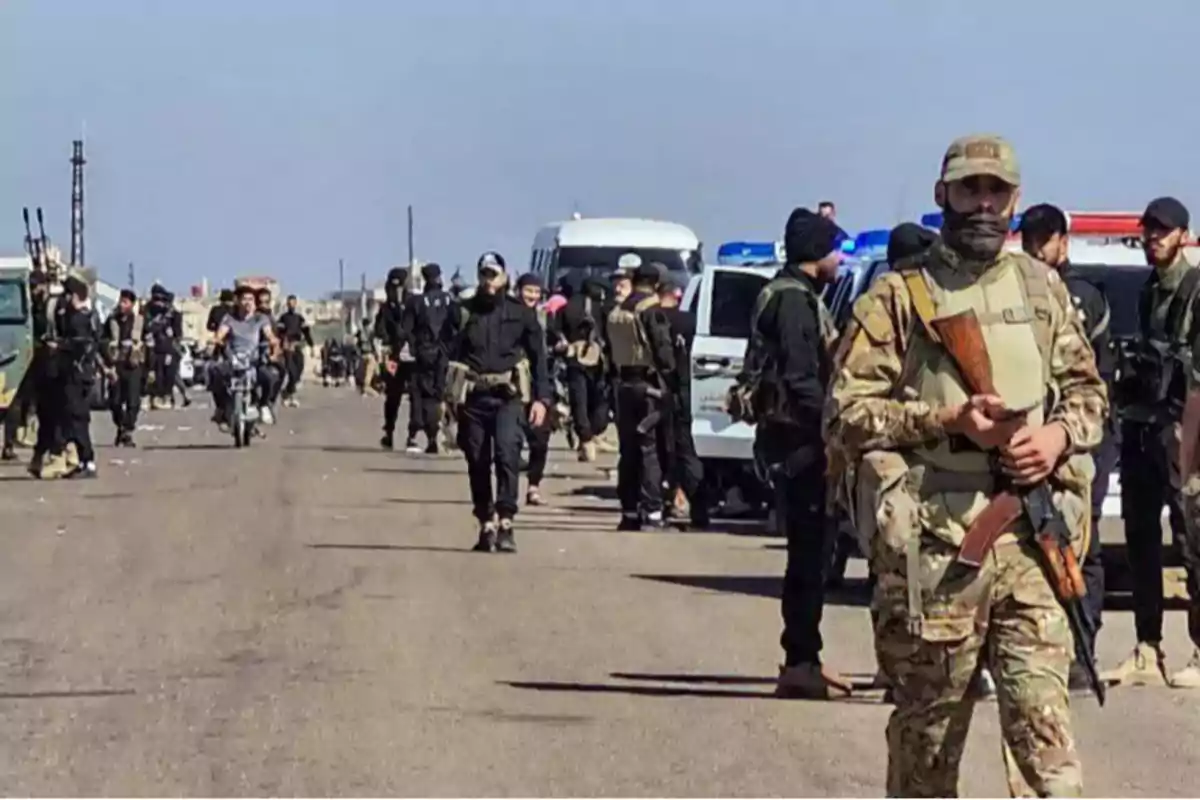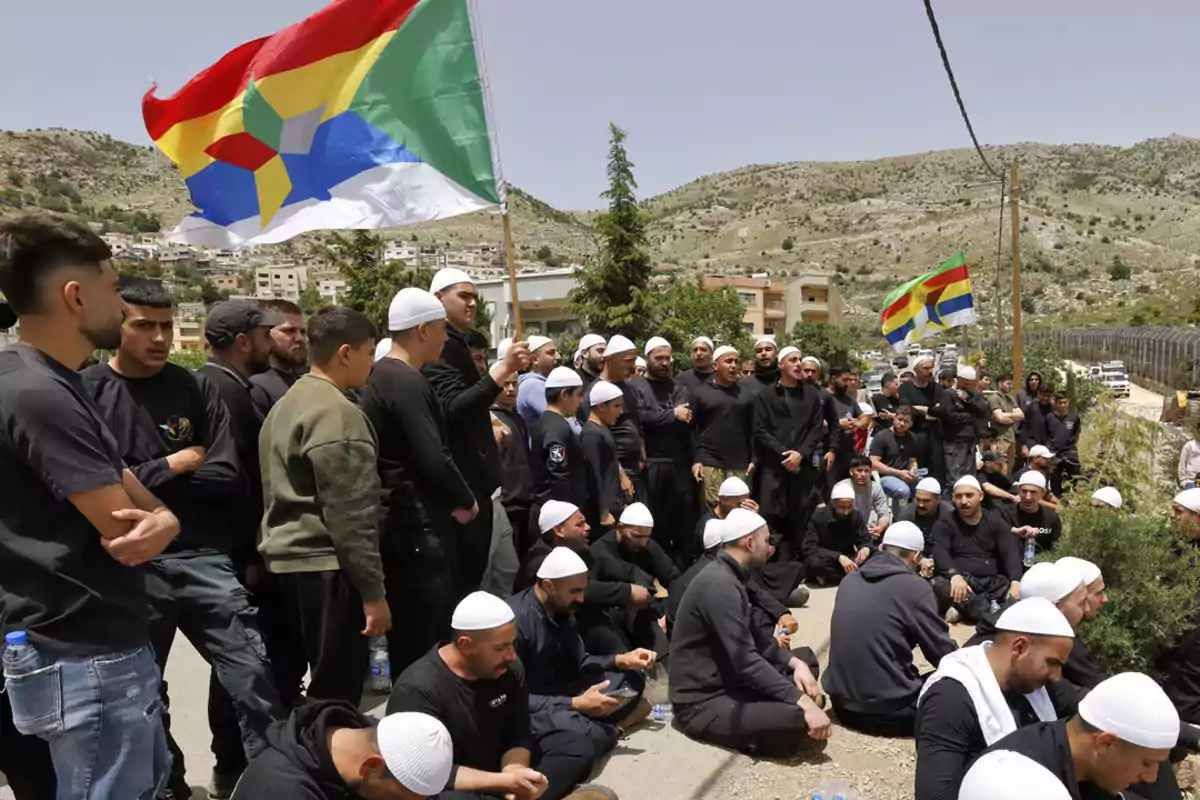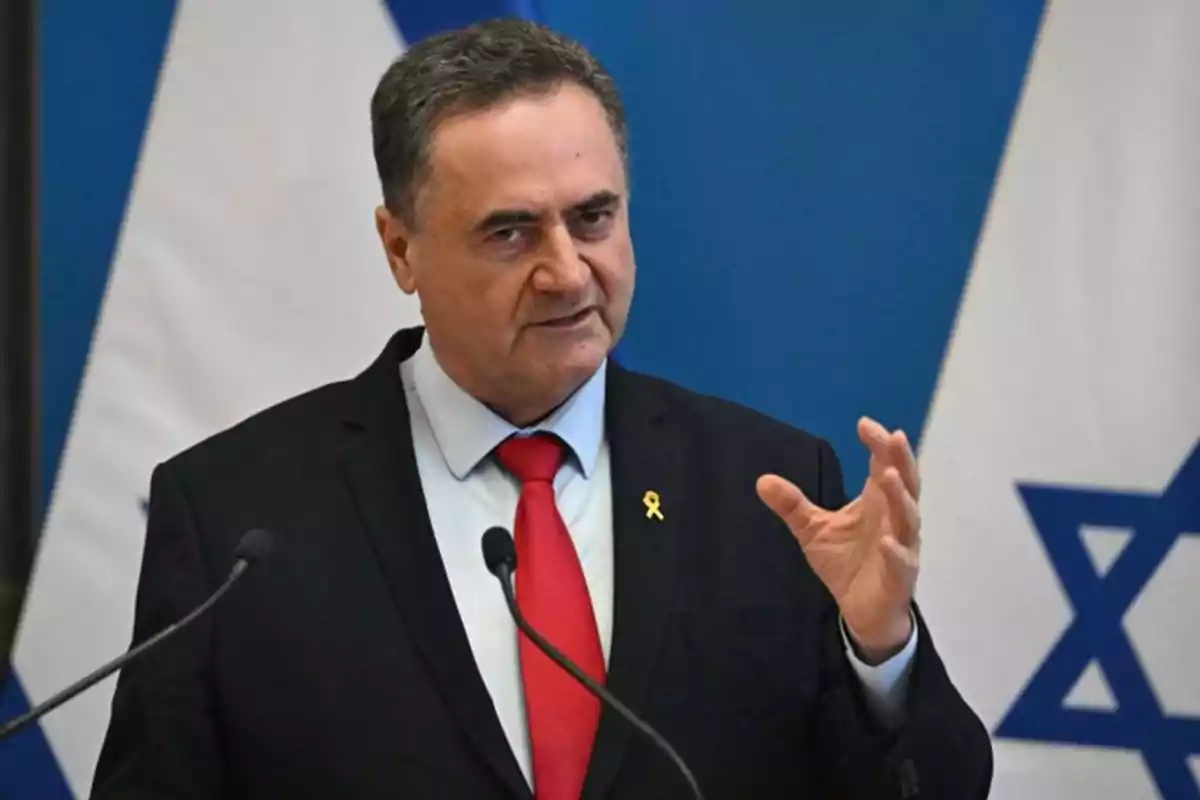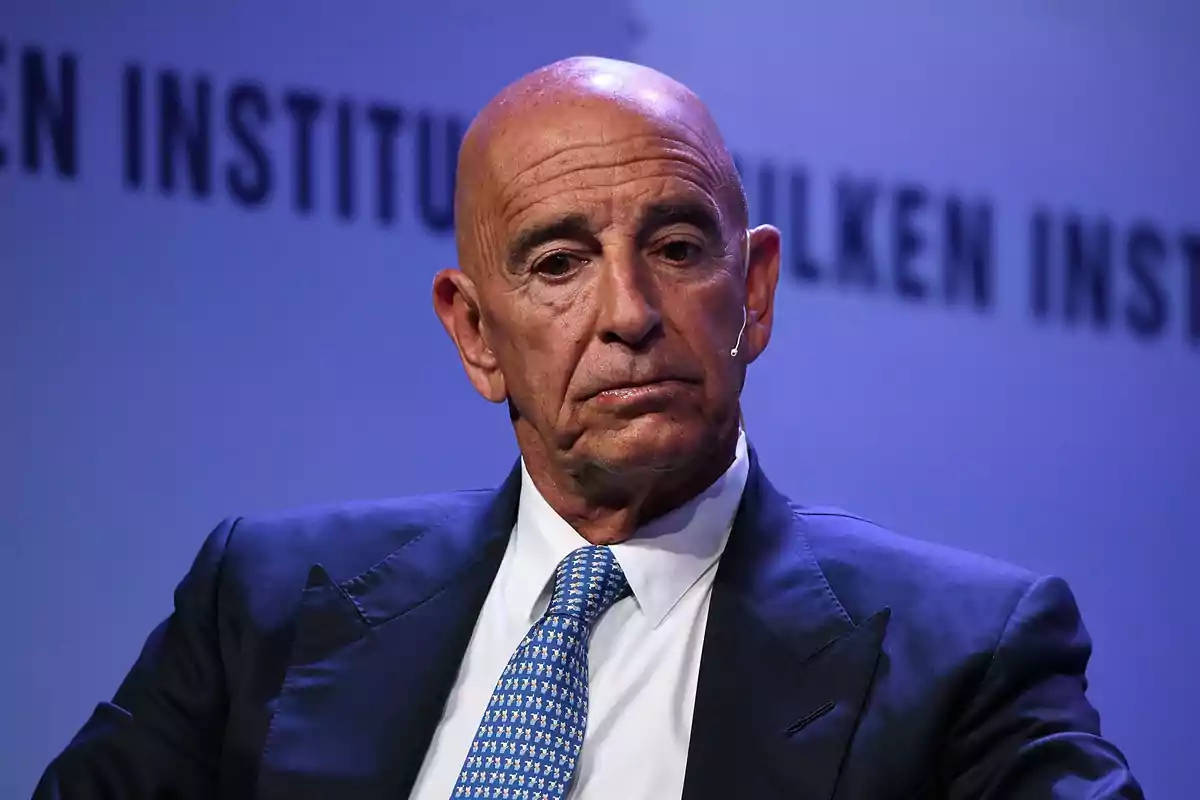
War breaks out in Syria between Bedouins, Druze clans, and government forces
This Monday morning, several clashes were reported between Bedouin clans and Syrian government forces
Ethnic and sectarian violence has erupted in southern Syria, where clashes between Druze militias, Bedouin clans, and government forces have left at least 89 dead. Among the deceased are women, children, and at least 14 members of the Syrian military forces.
The mainly Druze province of Sweida has become the epicenter of this conflict. According to reports, the conflict began when members of a Bedouin tribe set up a checkpoint and assaulted a young Druze vendor, prompting the retaliation of the Druze tribes.
The Syrian Interior Ministry acknowledged that more than 30 people have died and nearly 100 have been wounded. The ministry also confirmed the deployment of military reinforcements to the area to restore order, although it admitted to clashes with local armed groups.

Israel intervenes to defend the Druze population
The conflict has caused international concern, with the UNmission in Syria calling on the government and local groups to protectcivilians and resumedialogue.
In this context, the Israeli army announced it had attacked tanks belonging to Syrian forces in the south of the country. The Jewish state has previously intervened to protect the Druze minority, which it considers a loyal community.
In May, Israeli forces launched an attack near the presidential palace in Damascus in response to previous fighting between Druze militias and pro-government forces in Sahnaya and Jaramana.
Israeli Prime Minister Benjamin Netanyahu and Defense Minister Israel Katz reiterated that "Israel will not allow the presence of Syrian forces south of Damascus nor threats against the Druze community," and that it considers the stability of Druze regions, especially near the Golan Heights, a national security priority.

Seeking to keep the situation under control
The Druze community, a religious minority that emerged in the 10th century as a branch of Ismaili Islam, has maintained an ambiguous stance toward the Syrian authorities. Many Druze reject Israeli intervention, but most distrust the new interim government that took power after the flight of former president Bashar al-Assad.
A group led by the Druze spiritual leader, Sheikh Hikmat al-Hijri, issued a statement on Monday calling for "international protection" and accusing the Syrian government of supporting "takfiri gangs", a term used to refer to Sunni extremists.
Meanwhile, the Syrian Foreign Ministry called on the international community to respect its sovereignty and cease any support for separatist or rebel movements.
Local media reported that contacts have been held between Syria and Israel in an attempt to contain the situation. The United States envoy for Syria and Lebanon, Tom Barrack, stated that he hopes for an eventual normalization between both nations, although he warned that it will be a slow process.

More posts: